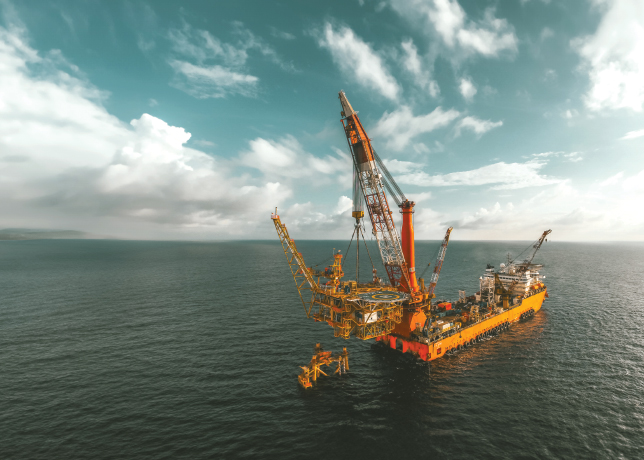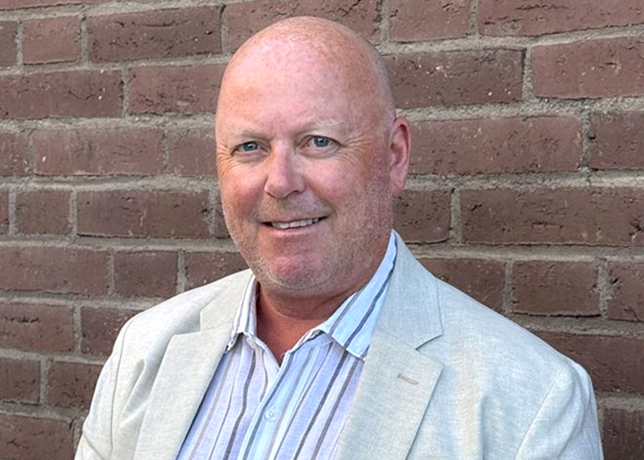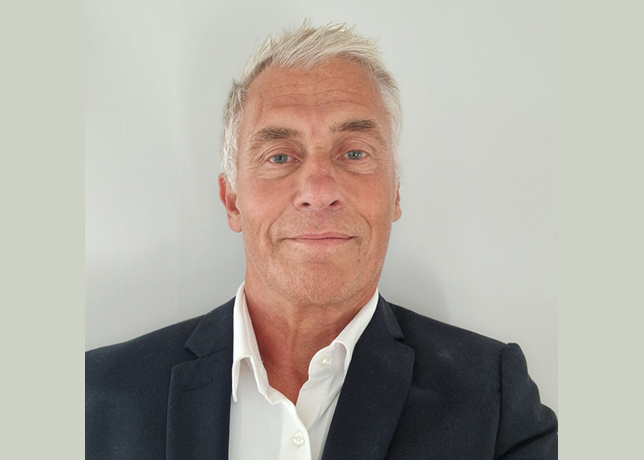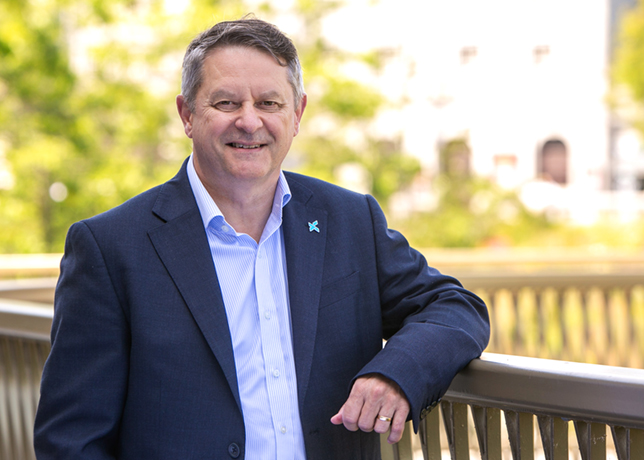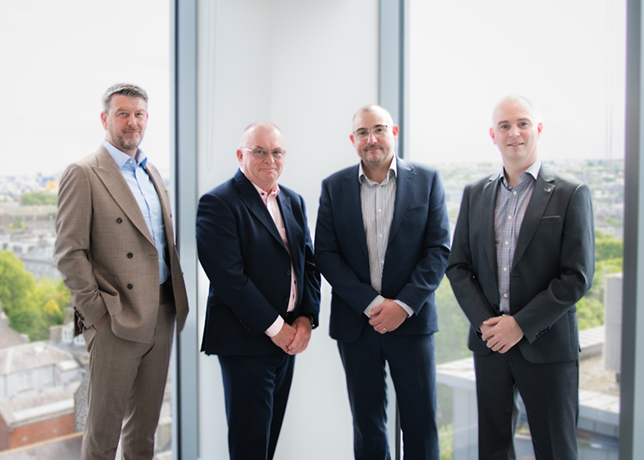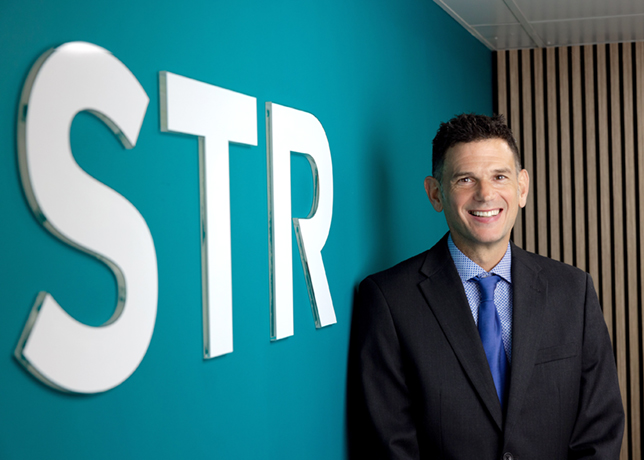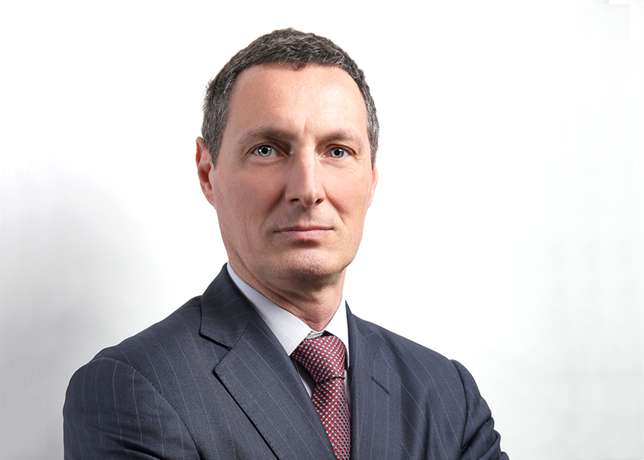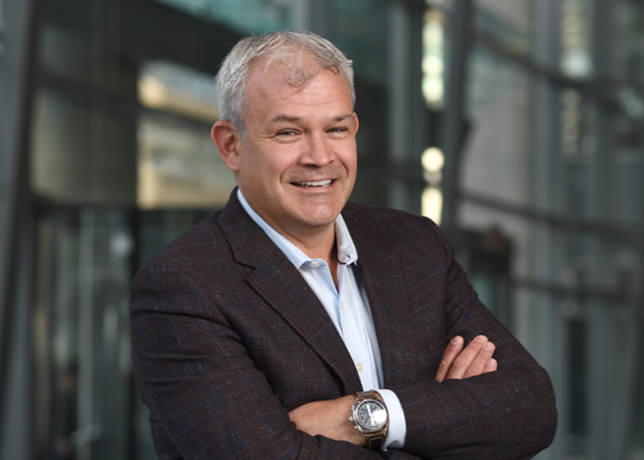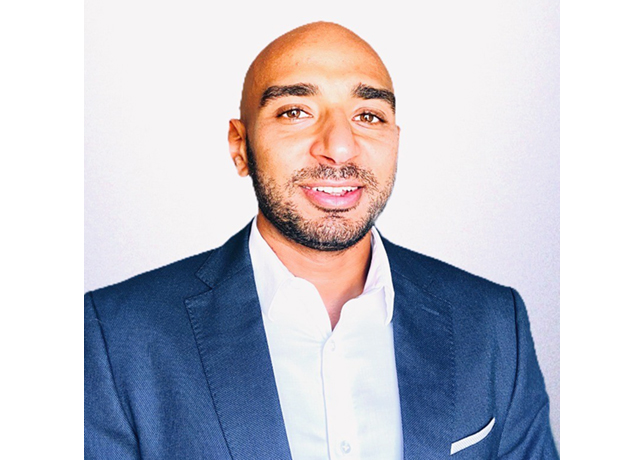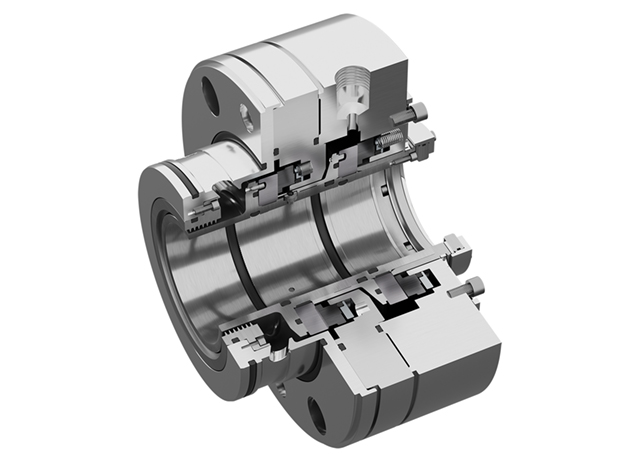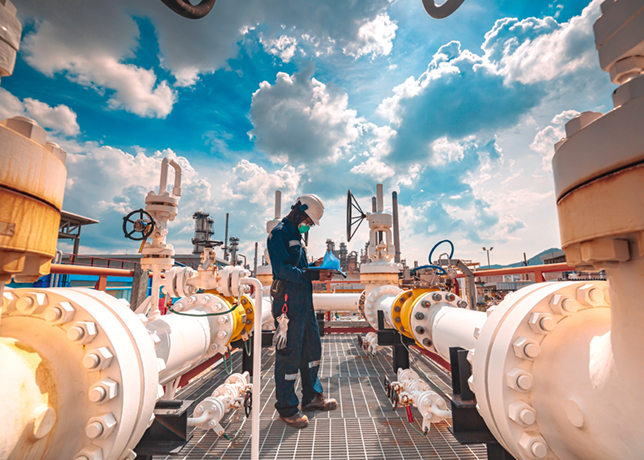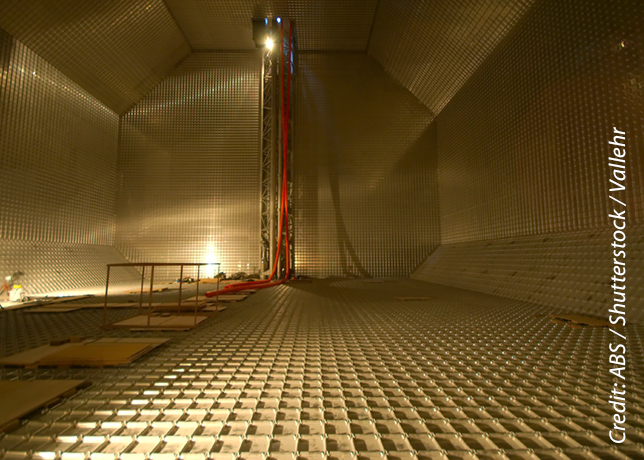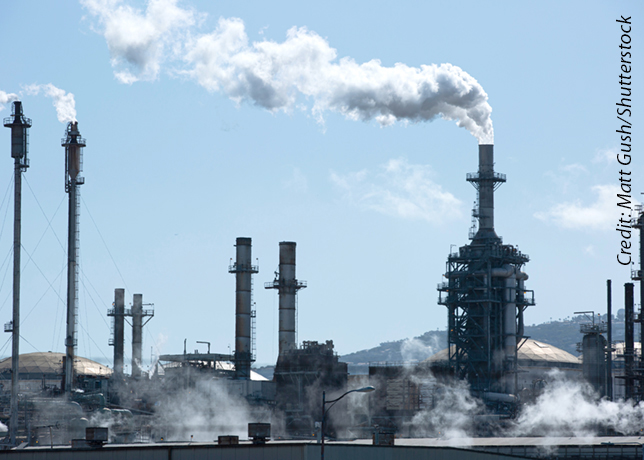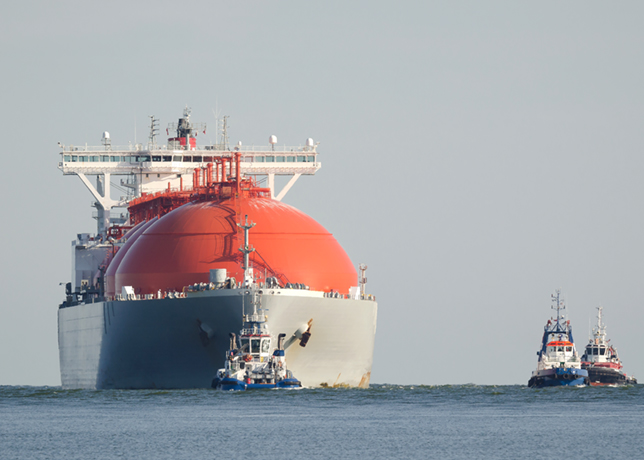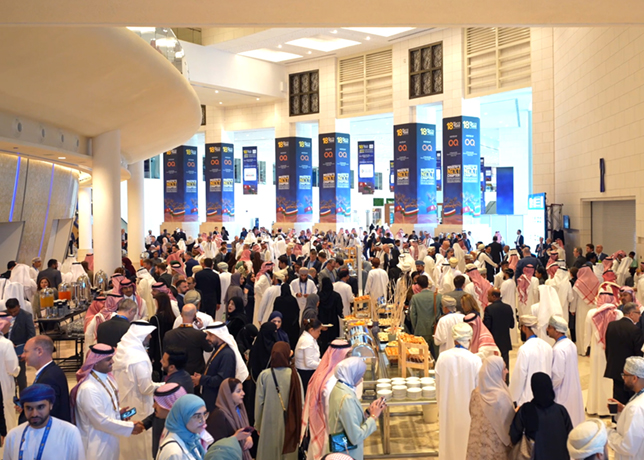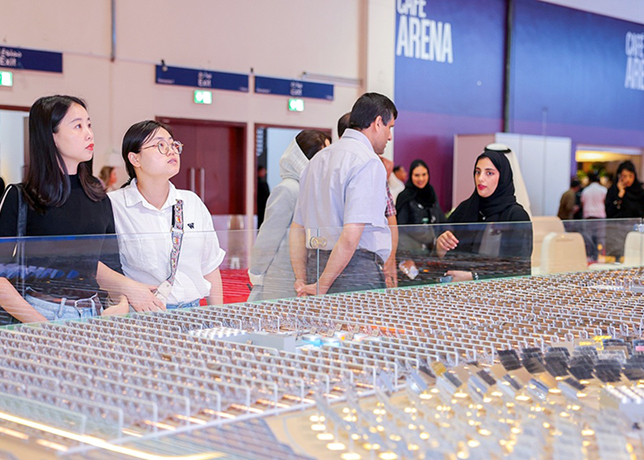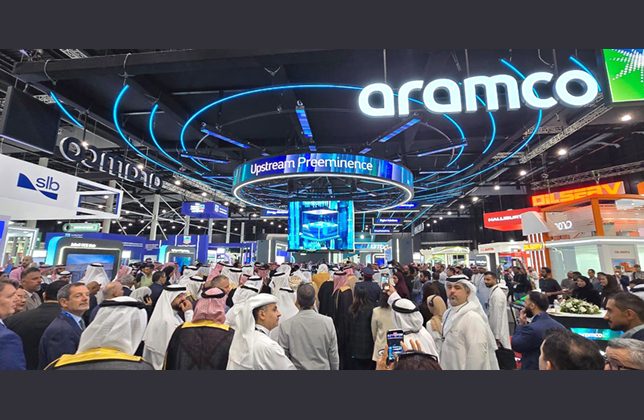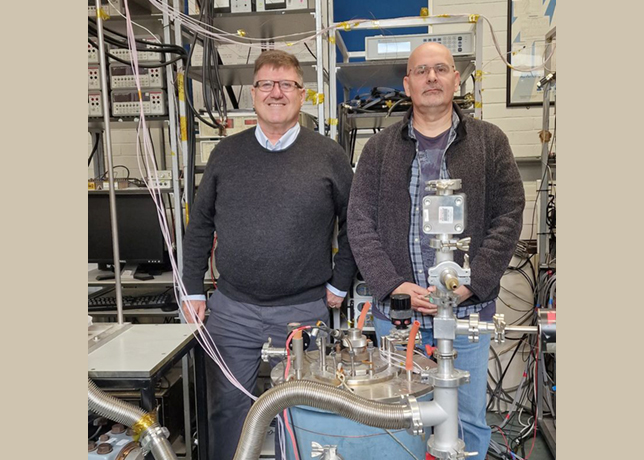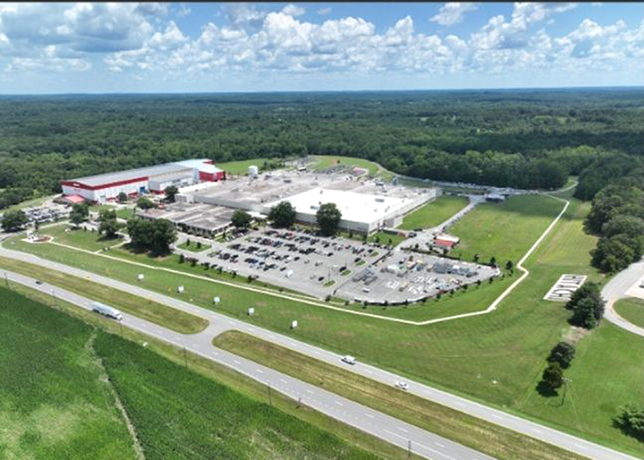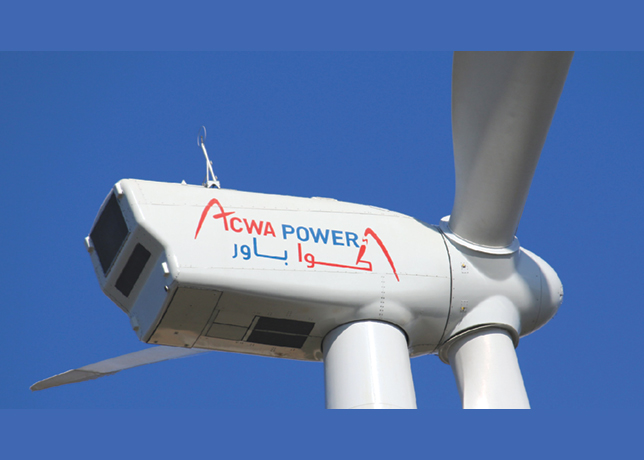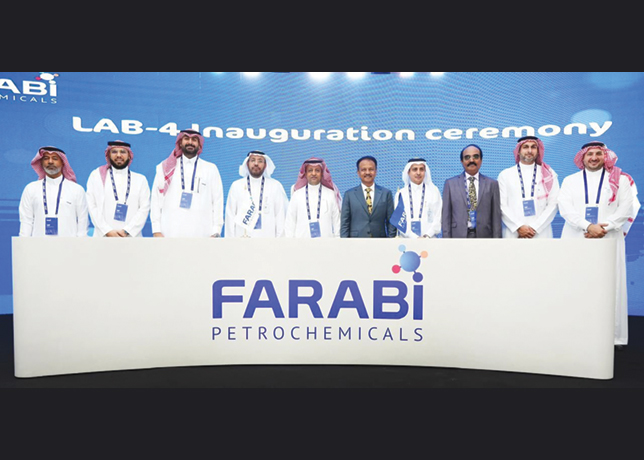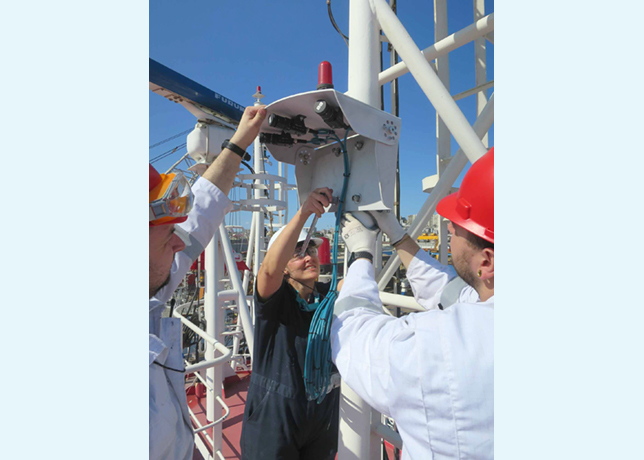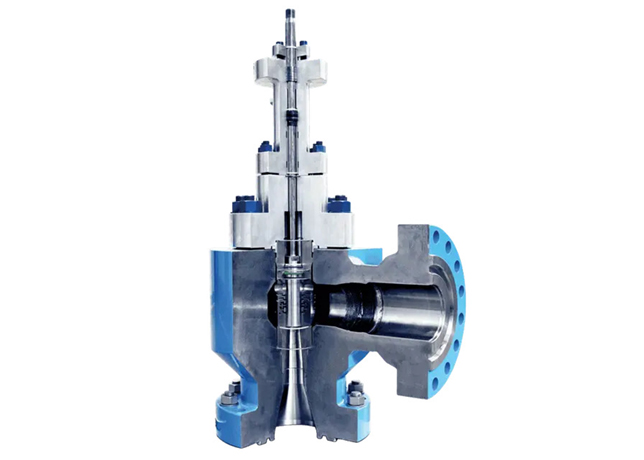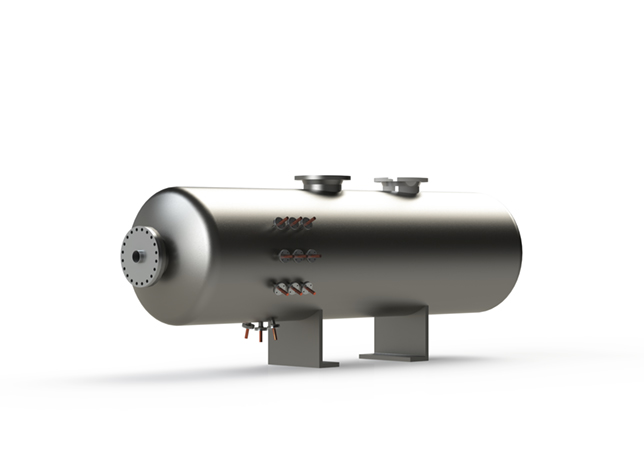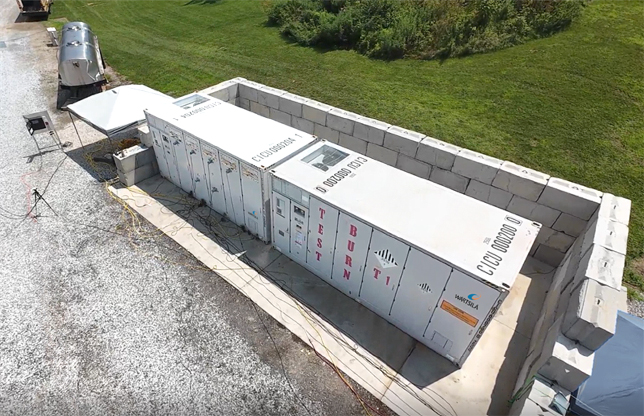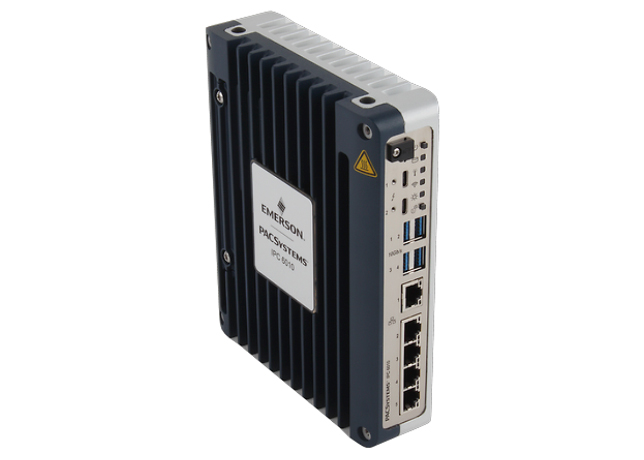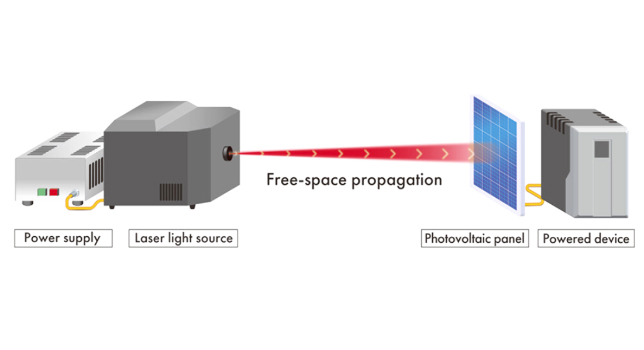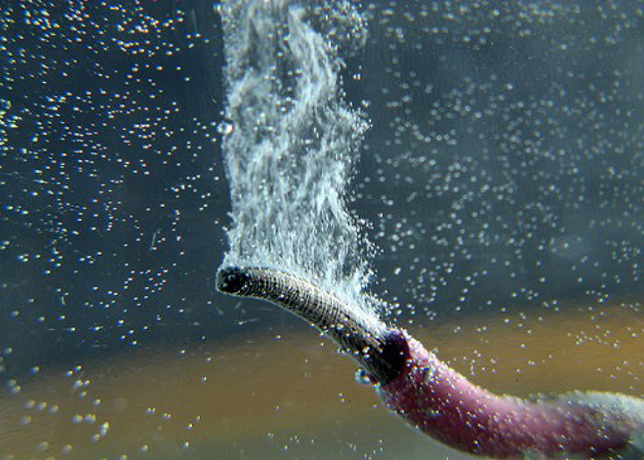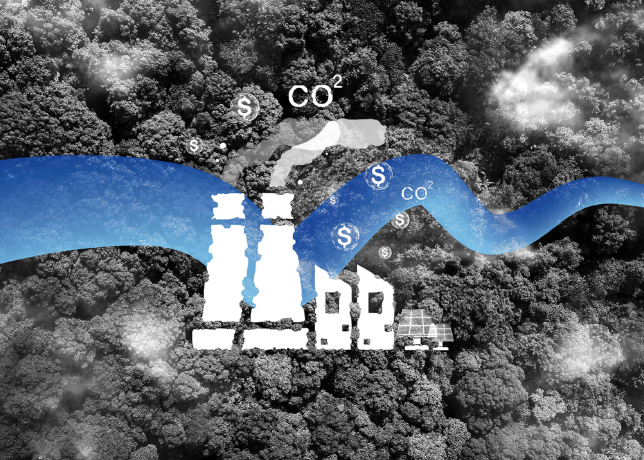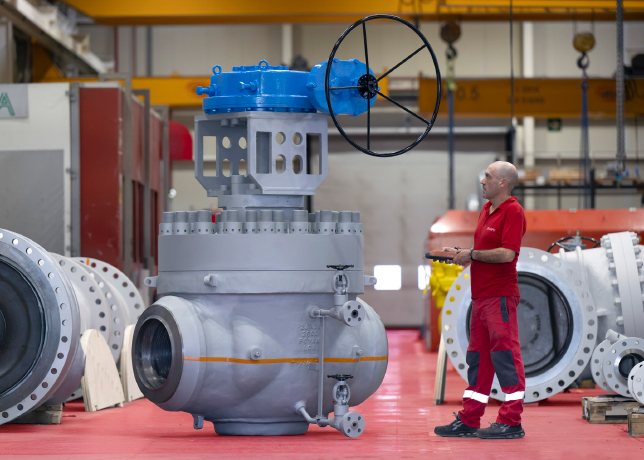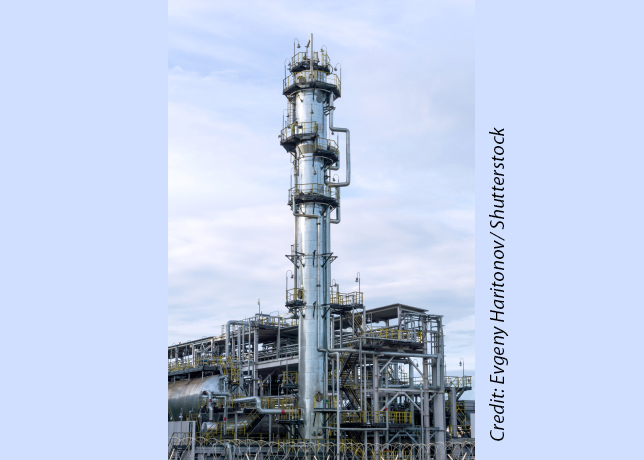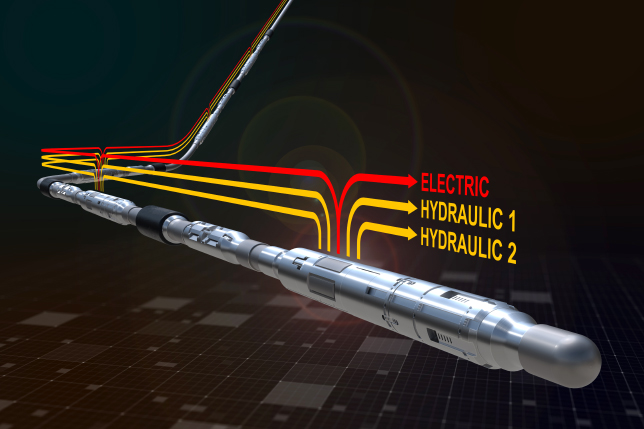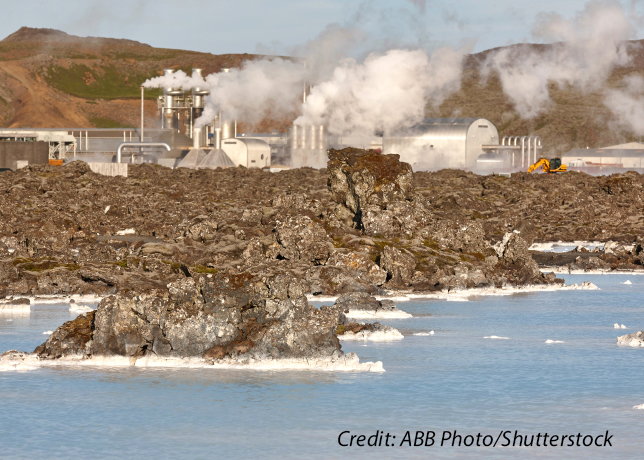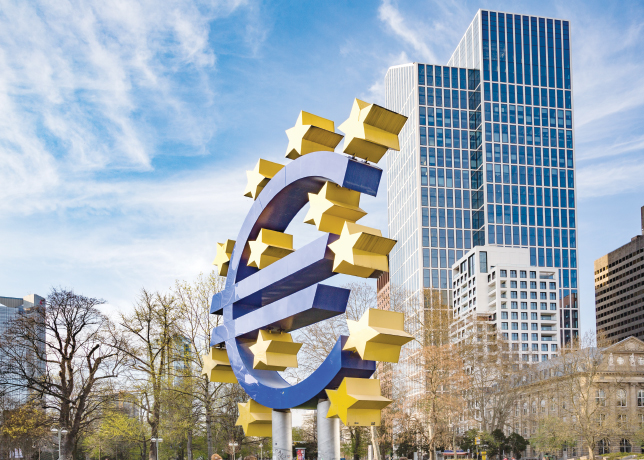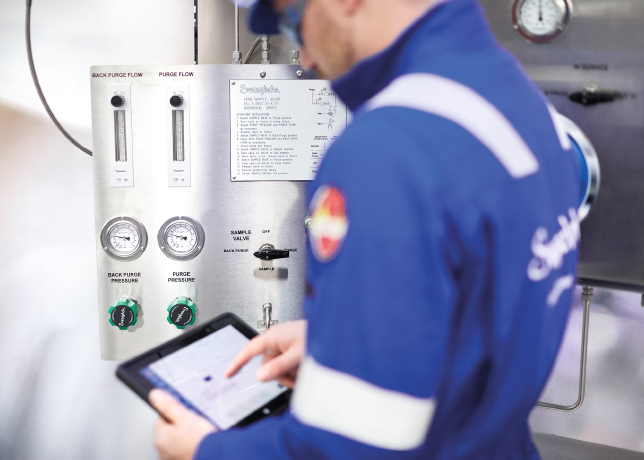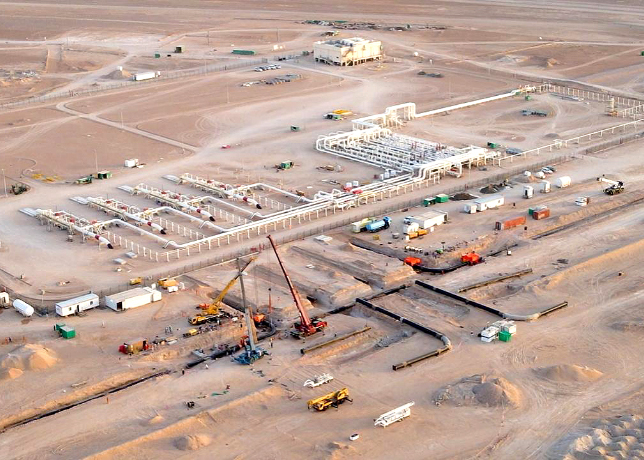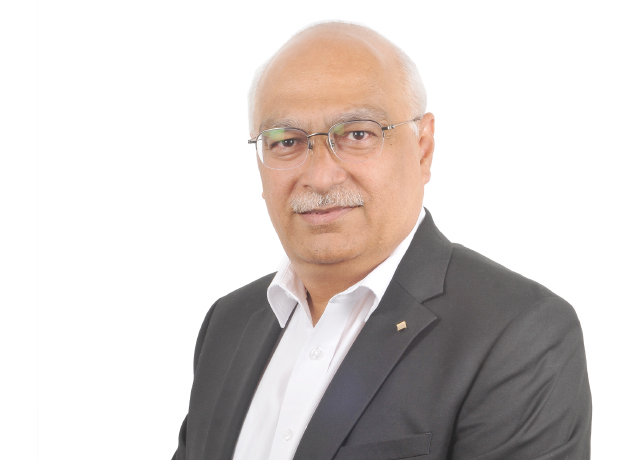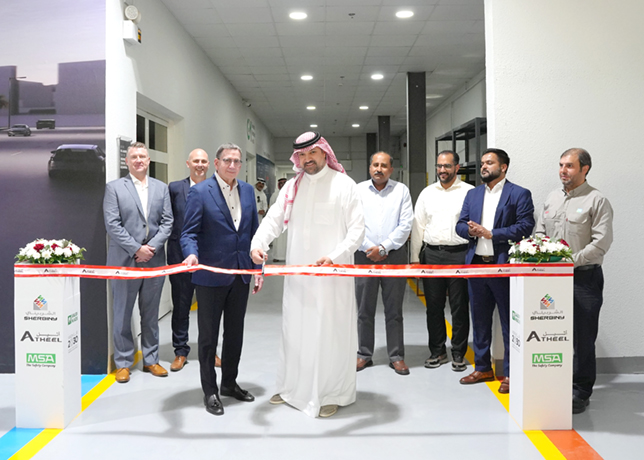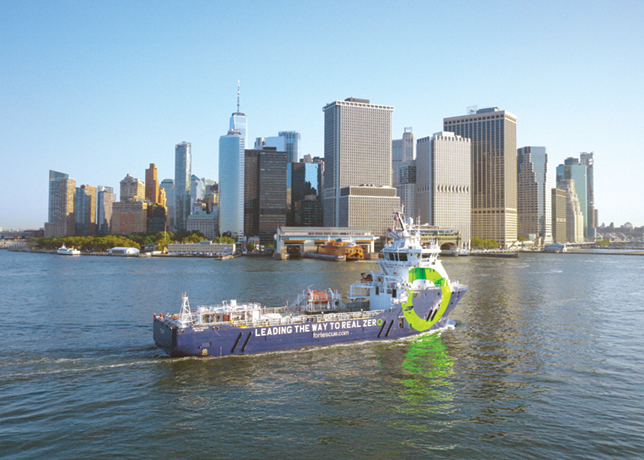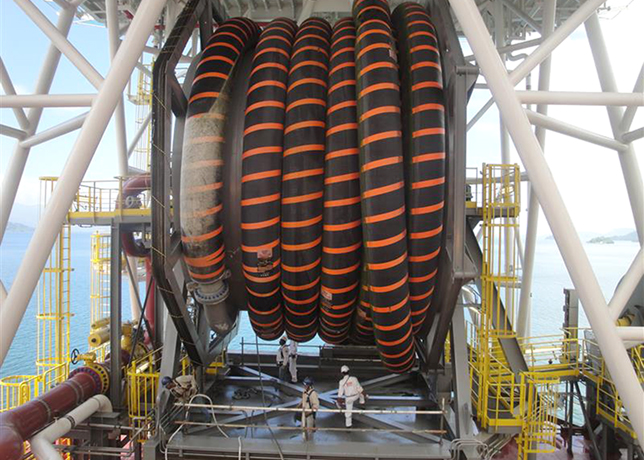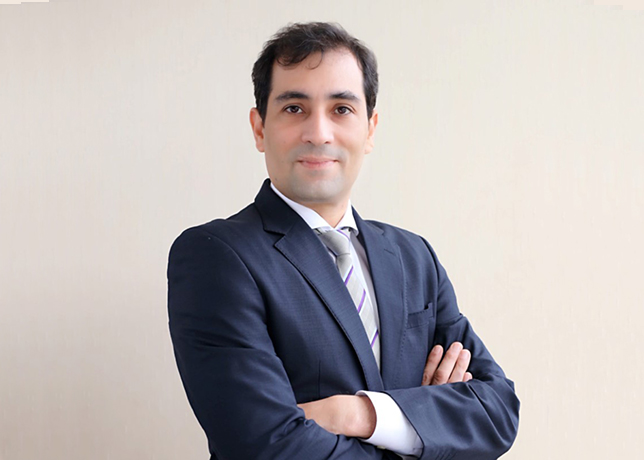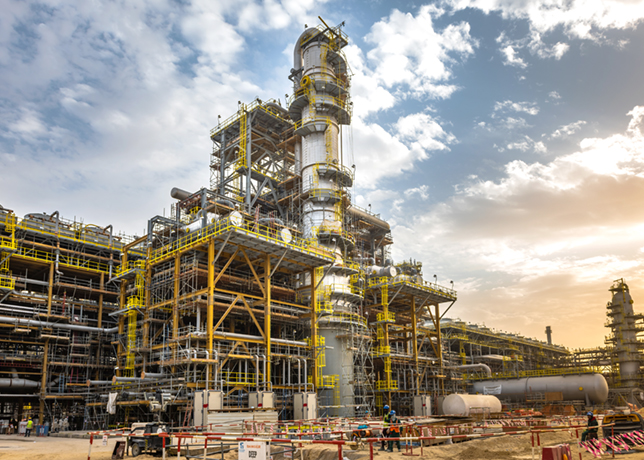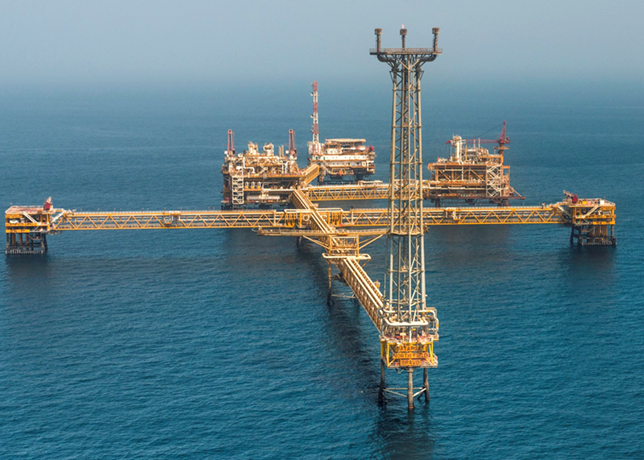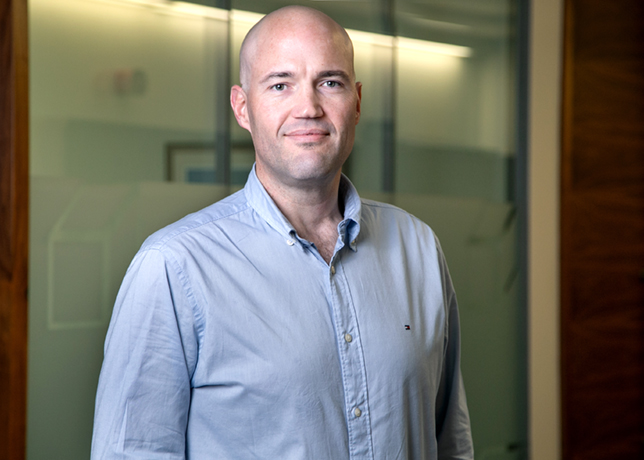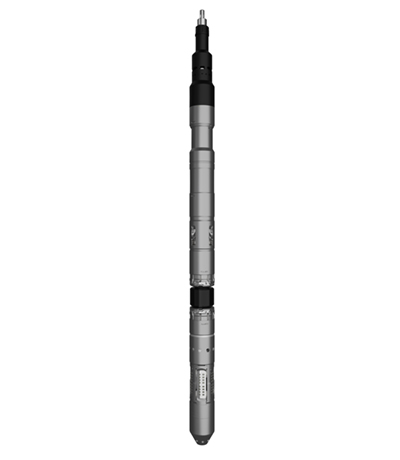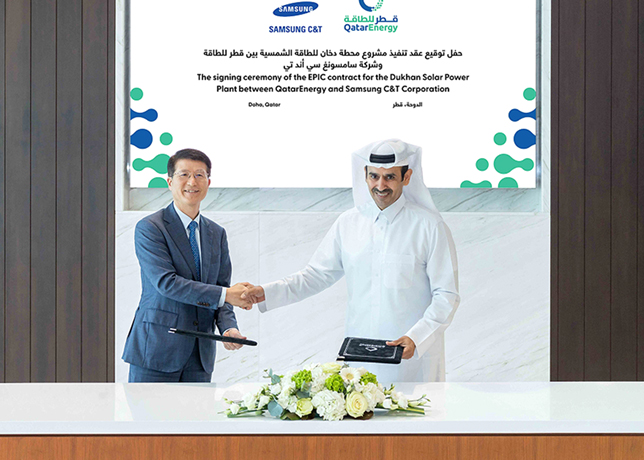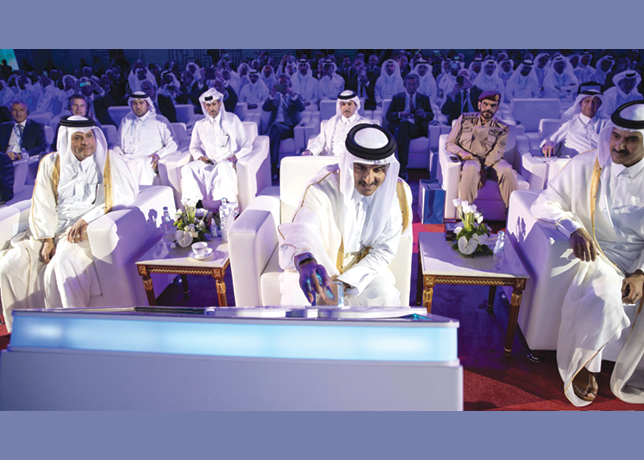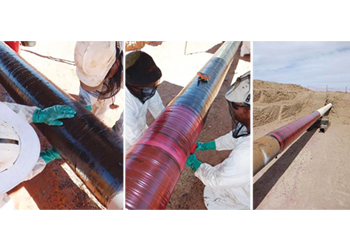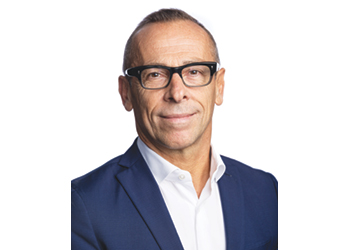
 Fabbri ... sustainable solutions
Fabbri ... sustainable solutions
Within the energy industry, as the equipment approaches the end of its lifecycle its efficiency decreases; the costs of operation and maintenance increase, and the carbon footprint grows.
EthosEnergy believes and proves that there is an economic and environmental benefit in upgrading and reusing equipment over simply disposing of it and buying a new.
This is because the production of new equipment such as turbines, compressors, etc usually takes a considerable amount of time and produces a larger carbon footprint in the manufacturing process versus upgrading the existing asset.
 |
Turbine blades can be upgraded using |
EthosEnergy uses advanced technology worldwide to extend the life of industrial equipment and systems, increasing energy efficiency and flattening the greenhouse gas emissions curve.
Some customers can upgrade existing equipment and get similar or even better output at much lower costs, instead of replacing most or all the equipment.
Even companies that still use linear models, like oil and gas and fuel companies, can begin incorporating technological changes into their systems gradually today.
For example, in a project with an US customer, steam turbine blades were upgraded by the exclusive EthosEnergy life extension technology.
The plant saved 60 per cent in outage costs (when compared to replacing with a new product).
Additionally, the work was completed within a month, while ordering and manufacturing new blades would have taken a year and a half.
In another project at a chemical refinery using gas turbines, the customer sought to maximise performance and efficiency.
After the project was completed by EthosEnergy, electricity generation was increased by 70,000 MW per year and CO2 emissions were reduced by 27 tons, with efficiency contributing to burning less fuel for turbine propulsion and saving 465,000 MMBtu.
"We have been able to bring a reduction in capital and operating expenditures among power plants and companies by improving and upgrading the performance capabilities of existing equipment and increasing equipment lifecycle by over one hundred percent," says Fabrizio Fabbri, Executive Vice-President of East Hemisphere at EthosEnergy.
OVERCOMING ENERGY CRISIS
The energy industry understands that it has a responsibility to find ways to improve energy production processes and address the challenges of the future.
The outdated and uneconomical linear model of production-consumption-disposal is slowly giving way to innovative circular models, which emphasise the maximisation of equipment life cycle, reducing waste volume, reusing resources and by-products, prioritising renewable inputs and more.
"We are also witnessing a younger generation entering the business world and decision makers circles, that prefer responsible investments managed in accordance with ESG criteria.
"In addition, when investors examine organisations and companies according to their carbon footprint and environmental protection criteria, the labour market and core company and organisation values change accordingly too," says Fabbri.
At EthosEnergy, the ESG Program has also been aligned with the UN's Sustainable Development Goals Program.
"We welcome the fact that environmental responsibility is growing and the demand for sustainable and green energy is rising in the business world and energy sector. In order to overcome the energy crisis, a correlation between business conduct, social impact and environmental responsibility is required," says Fabbri.




